
The researcher from Quest Diagnostics spoke about a recent study which confirmed the benefit of using liquid-based cytology in cotesting for cervical cancer.

Your AI-Trained Oncology Knowledge Connection!


The researcher from Quest Diagnostics spoke about a recent study which confirmed the benefit of using liquid-based cytology in cotesting for cervical cancer.

The MD Anderson Cancer Center expert discussed the future of acute myeloid leukemia treatment, and how the field is evolving rapidly.

The new guidelines suggest the need to phase out cotesting and cytology, shifting towards primary HPV testing starting at age 25 years.
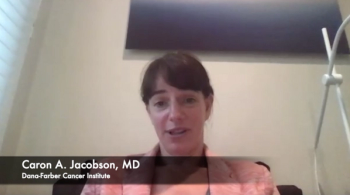
Interim results from the study suggested that axicabtagene ciloleucel (axi-cel) demonstrated significant and durable clinical benefit in patients with relapsed or refractory indolent non-Hodgkin lymphoma.
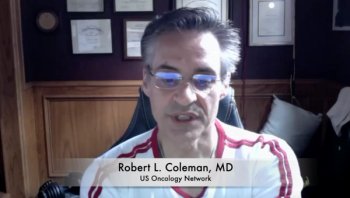
The US Oncology expert explained that results from 2 trials presented at the 2020 ASCO Virtual Program may change how oncologists choose to treat these patients.

The goal of the initiative is to have cancer screenings that were made in the first half of 2020 and cancelled due to COVID-19 rescheduled to ensure patients are again receiving routine screenings.
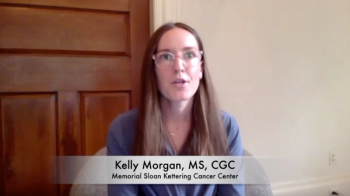
The MSK expert explained that pre- and post-test educatin on genetic testing could help patients and providers alike to better understand the results.

The MD Anderson Cancer Center expert discussed next steps in the evaluation of ivosenidib plus venetoclax, with or without azacytidine, in patients with IDH1-mutated acute myeloid leukemia.

The US Oncology expert reported that secondary surgical cytoreduction may not lead to improved outcomes in women platinum-sensitive, recurrent ovarian cancer.

Updated findings further evaluate the effectiveness of various treatments of COVID-19 for patients with cancer and reveal possible racial disparities in enrollment of clinical trials.

Using acupuncture to help manage pain associated with cancer treatment, may offer additional tools to help manage function and quality of life in survivors, according to Jun J. Mao, MD, MSCE.
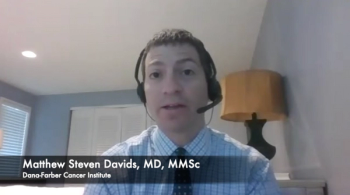
The CLL expert spoke about the implications of this study for patients and how patients can apply this knowledge to their own course of treatment.

The MSK expert discussed how pre- and post-genetic testing online education made patients more knowledgeable about genetic testing.

The Seattle Cancer Care Alliance expert discusses key takeaways from cohort a of the KEYTRUDA-427 study, evaluating pembrolizumab monotherapy in patients with clear cell renal cell carcinoma.

The expert from the Fox Chase Cancer Center discussed a paper recently published regarding alternative multidisciplinary management options for patients with NSCLC during the COVID-19 pandemic.
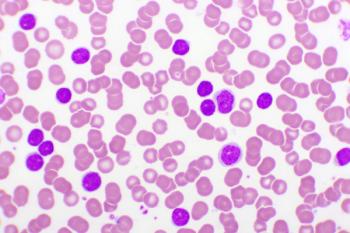
The MD Anderson Cancer Center expert spoke about the efficacy of ivosenidib plus venetoclax, with or without azacytidine, in patients with IDH1-mutated acute myeloid leukemia.
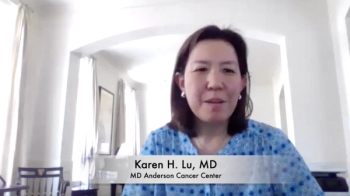
The MD Anderson Cancer Center expert discussed further research in delivering online accessible genetic testing.

The board-certified gastroenterologist discussed the lack of screenings being conducted due to the COVID-19 pandemic, and how many physicians have tried to circumvent this issue.

The MSK expert discussed what pre- and post-test online education consists of in testing for the Ashkenazi Jewish BRCA mutations in the US healthcare system.

The expert oncologist spoke about the conclusions drawn from the COVID-19 and Cancer Consortium, as well as the importance of prognostic biomarkers.
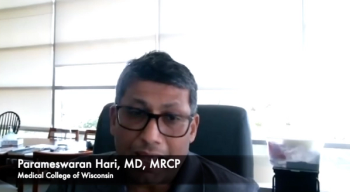
Parameswaran Hari, MD, MRCP, discussed second malignancies and second transplants for patients who stopped versus continued lenalidomide maintenance therapy to treat multiple myeloma from a follow-up trial presented at the 2020 ASCO Virtual Scientific Program.
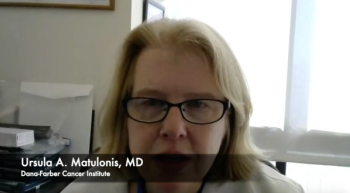
The expert from Dana-Farber Cancer Institute discussed the study design and inclusion criteria for this study of pembrolizumab in patients with advanced recurrent ovarian cancer.

The expert from the CUNY School of Medicine spoke about a recent study which indicated that Hispanic adults trust a wide variety of health information sources, suggesting the need for targeted information.
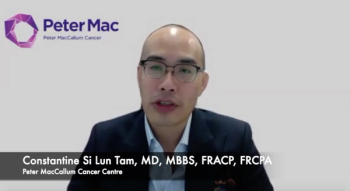
The trial evaluated zanubrutinib, a potent and selective BTK inhibitor, versus ibrutinib, a first generation BTK inhibitor, in patients with Waldenström macroglobulinemia.

The MD Anderson Cancer Center expert spoke about the key takeaways from a trial designed to test whether pre and/or post-test genetic counseling is needed to optimally deliver online accessible genetic testing.

Nirav Niranjan Shah, MD, discussed the use of autologous transplantation in patients with relapsed, chemosensitive DLBCL after the introduction of CAR T-cells.
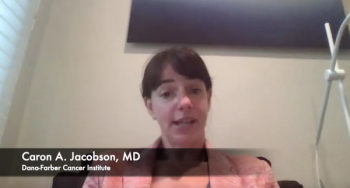
The expert in hematology discussed what patients should know about the study, which evaluated the use of axicabtagene ciloleucel (axi-cel) in patients with relapsed or refractory indolent non-Hodgkin lymphoma.
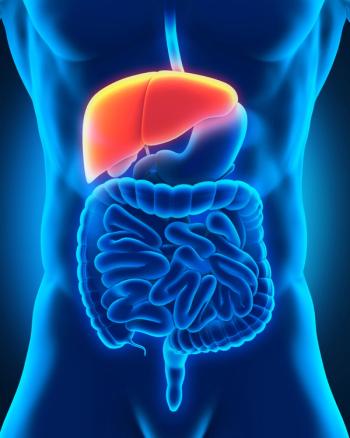
The co-leader of the NCI Center for Cancer Research Liver Cancer Program discussed the clinical utility of the blood test and how it could potentially change liver cancer diagnoses moving forward.

The expert in ovarian cancer indicated that treatment with the studied maintenance olaparib tablets could aid patients in having a more regular lifestyle.

The Seattle Cancer Care Alliance Expert offered background on cohort A of the KEYNOTE-427 trial.